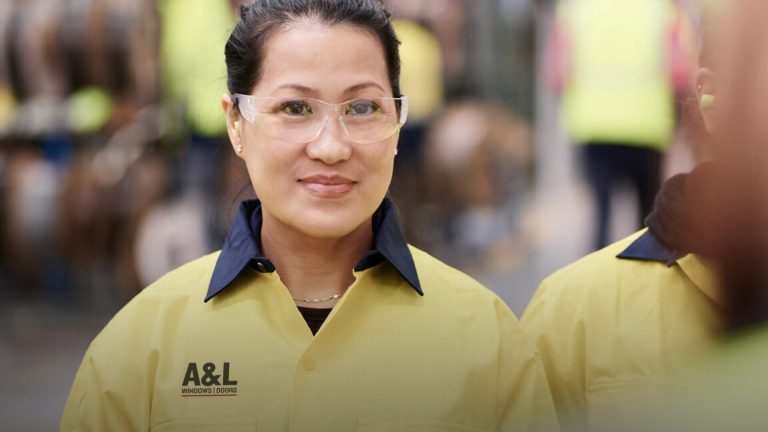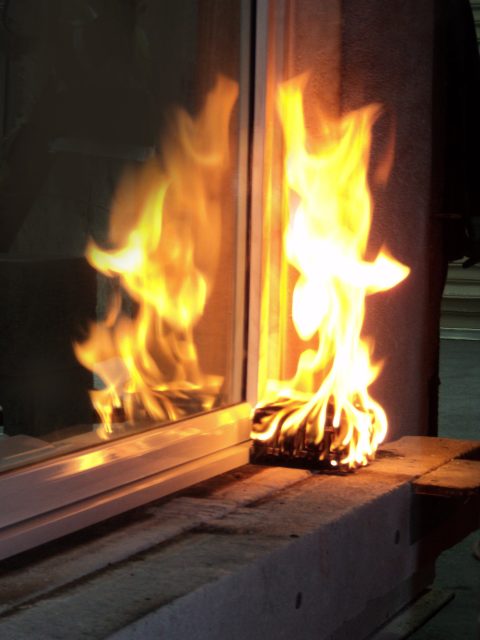
Locally made
Unfortunately, bushfires are part of the reality of living in many parts of Australia. As a result, preparing your property for bushfire attack is now a mandatory part of the building process. Bushfire Attack Level ratings (also commonly referred to as BAL ratings) are designed to ensure your home has the best chance at surviving exposure to the various conditions associated with a bushfire event.
Windows and doors play a major role in a home’s ability to survive a bushfire. Many homes withstand the initial fire front, only to be destroyed by embers entering through broken windows after the fact.

Bushfire Attack Level ratings (also commonly referred to as BAL ratings) are used to measure the likelihood a building may be exposed to extreme conditions in a bushfire event based on where it is, and therefore the materials or features the building will require to protect against those conditions. These can include conditions such as ember attack, radiant heat, and even exposure to direct flame contact.
BAL ratings are used to identify requirements for construction within certain geographical areas. The area your home is built in will determine your requirement for building or modifying a home to ensure it aligns with the relevant BAL rating.
Bushfire Attack Level ratings are calculated using an analysis system that incorporates different considerations around your home’s location and design. These can include:
There are six levels of BAL ratings.
| BUSHFIRE ATTACK LEVEL RATING | Description of predicted exposure to bushfire conditions |
|---|---|
| BAL-LOW | There is insufficient risk to warrant specific construction requirements |
| BAL-12.5 | There is a risk of ember attack |
| BAL-19 | There is a risk the home may come into contact with increasing levels of ember attack and burning debris ignited by windborne embers, together with increasing heat flux between 12.5 and 19 kW m2 |
| BAL-29 | There is a risk the home may come into contact with increasing levels of ember attack and burning debris ignited by windborne embers, together with heat flux between 19 and 29 kW m2 |
| BAL-40 | There is a risk the home will come into contact with increasing levels of ember attack and burning debris ignited by windborne embers together with increased likelihood of exposure to flames |
| BAL-FZ | There is a risk the home will come into contact with direct exposure to flames from a fire front, in addition to heat flux and ember attack |
Source: Victorian Building Commission Release, March 2010
What are the different requirements for A&L products associated with different BAL ratings?
| BAL12.5 | BAL19 | BAL29 | BAL40 | |
| A&L Product | Aluminium Mesh Screens required to window openings | Aluminium Mesh Screens required to window openings | Aluminium Mesh Screens required to window openings | Steel Mesh Screens required to window openings |
|---|---|---|---|---|
| Sliding Windows | ||||
| Awning Windows | ||||
| Fixed Windows | ||||
| Double Hung Windows | ||||
| Louvre Windows | ||||
| Boutique Windows | ||||
| Sliding Doors | ||||
| French Doors | ||||
| Bifold Windows & Doors | ||||
| Boutique Sliding Doors | ||||
| Aluminium Door Frames |